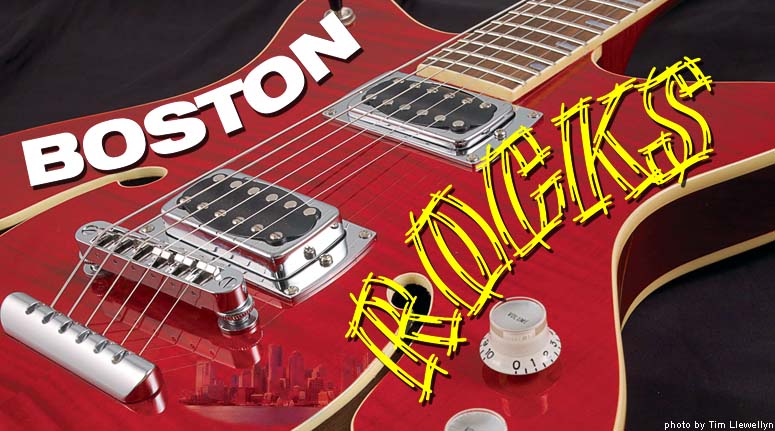Most of you know by now that when I like a person, I tend to tease them a lot. Most people know it’s in good fun and give it back in spades. But sometimes I worry that I’m taking it too far.
I’ve written about it before in the posts “The Power of Sarcasm” and “Sarcasm or Gallows Humor? For me, sarcasm is a mental release that allows me to see the humor in some of life’s bigger challenges. The danger is that sarcasm can sometimes slide into outright cruelty, and I know I’m guilty of that at times.
Here’s how it works:
If people in the family, office or church community are butting heads, you can easily get caught up in what one person is saying about the other. After awhile, you can grow bitter and that will compromise your ability to do your job or be the family member you should be. That’s the danger with me, anyway. But the sarcastic, gallows humor in me will instead look at those situations and find the lightheartedness of it all.
We’re all dysfunctional to some extent and we all screw up. And let’s face it: Sometimes it’s fun to watch. If you can laugh at someone’s quirks and, more importantly, laugh at your own, it’s easier to move on to other things. Easier for me, anyway.
The alternative would be for me to grow bitter to the point of incapacitation. It’s happened before, especially after I realized managing a daily newsroom at night wasn’t fun anymore. I took every criticism as a knife to the core and my workmanship slid steadily downhill. A healthier sarcastic perspective back then would have helped me through that.
I’m sarcastic toward a lot of my friends and family, especially the in-laws. The truth of the matter is that I’m almost always sarcastic toward the people I like. Most of them get it and give it back in equal measure, including my father-in-law and kid sister-in-law, who probably gets the heaviest, most ferocious dose of my brand of humor. My brother-in-law is a regular target as well.
When I’m not sarcastic, family and friends ask if I’m feeling ok. A lack of sarcasm becomes a warning sign. For normal people, this usually works in the opposite direction.
Of course, sarcasm can sometimes work against you.
If you don’t catch someone on a good day, hitting them with sarcasm does more to hurt than to lighten the mood.
Sarcasm is also a root of dysfunction in other parts of my family. Several of my family members are equally sarcastic, if not more so. But I sometimes get offended by it because I feel like people are laughing AT someone instead of laughing WITH them. This has produced a fair share of strain on that side of the family, and I have to claim fault on my end.
If you can direct sarcasm toward someone but get offended when it’s being sent in your direction, that’s hypocrisy. It’s a hypocrisy I’m sometimes guilty of.
My wife once decided to go digging for the actual definition of sarcasm and here’s what she found:
“Sarcasm” is “a keen or bitter taunt : a cutting gibe or rebuke often delivered in a tone of contempt or disgust” or “the use of caustic or stinging remarks or language often with inverted or ironical statement on occasion of an offense or shortcoming with intent to wound the feelings.”
She pointed out that I’m not really a bitter person, and that my jabs are playful. So why bring myself down in the gutter and suggest I’m a bad person when I’m not?
But yesterday, she also noted the particularly sharp, dark edge to my teasing ways of late.
It’s been a brutal winter for all of us, and in my case too much winter weather depresses the mental faculties. So I tease even more, to the point where it can be hurtful.
That’s especially true when I start teasing the kids.
Sometimes I’ll take a picture of one of the sisters- or brothers-in-law in unflattering situations and shoot them up to Facebook. I did it yesterday to my sister-in-law Sara. We were dropping off Madison, who spent the previous night with us, and Sara had that just-rolled-out-of-bed look. I thought capturing her that way was funny as all hell.
But probably not to her.
I do these things because I love my family so much. But it gets to be too much for them.
It’s pretty whacked of me to translate affection into meanness.
Given my own experiences with that, I should know better.
So there it is: Something else for me to work on.
I don’t say that in self pity. It’s just a simple acknowledgement that I can always do better. We can all do better, can’t we?
I think so. I’m just admitting it.




